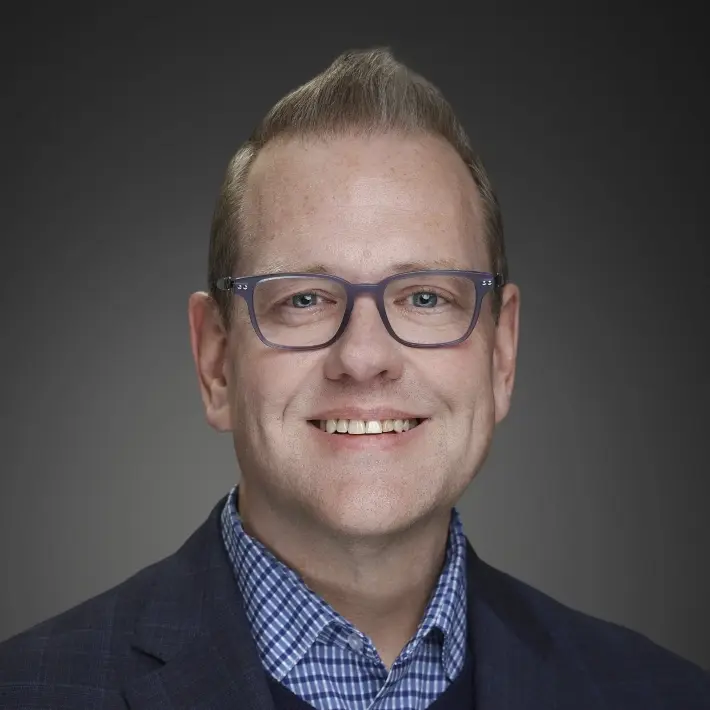
The Emotional Rollercoaster of Grief
unexpected feelings
Have you ever ridden a rollercoaster? It has sudden twists, turns, climbs, and drops. Grief and loss are like that. One minute you are living life, and the next moment the rollercoaster of grief takes off with you strapped in.
The rollercoaster of grief can cause a person to feel numbness, sadness, anger, guilt, anxiety, and confusion. Concentration becomes difficult. Forgetfulness is common. People may experience fatigue, changes in sleep and appetite, and body aches. In a time when we need others the most, we often withdraw from friends and everyday activities. Grief causes a deep questioning of how we understand ourselves and our place in the world.
common threads of grief
Grief is inevitable, and research shows that everyone mourns loss and tragedy differently, depending on their age, gender, culture, and relationship to the person they have lost, as well as individual circumstances surrounding that loss. Many people get stuck in the cycle of grief or struggle to control their feelings after more than 6 months or a year, which may lead to a diagnosis of complicated grief or Prolonged Grief Disorder (PGD).
Naturally, we look for ways to ease our pain and feel better. Sometimes we connect with others and find comfort. Other times, we have an extra beer, eat whole bags of Oreos, or use substances and coping strategies that aren't helpful in the long run. Men are far less likely to ask for help for grief that lingers, with only about 35% seeking therapy, perhaps due to societal expectations. So, what do people really need as the rollercoaster of grief rages on?
what a grieving person needs
Alan Wolfelt, PhD, a death educator and grief counselor at the Center for Loss and Life Transition, has identified six needs of a grieving person:
- Acknowledge the reality of death
- Move toward the pain of the loss
- Remember the person who died
- Search for meaning
- Continue to receive support from others
- Develop a new self-identity
Wolfelt focuses on a Companioning Model of grief counseling, where the counselor walks with the person on their unique journey through grief. The grieving person is the expert. The counselor provides support as they help identify and revisit these needs. (Learn more about the 6 Needs of Mourning in Wolfelt's excellent YouTube video.)
Robert Neimeyer, PhD, a psychologist and expert in grief counseling, has shown through his research that the journey of grief is a transformative process. He emphasizes the importance of making meaning in the grieving process, which allows the person to relearn their relationship to the person or thing that is lost. Neimeyer's approach compassionately supports individuals coping with the pain of grief, helping them recall both helpful and unhelpful memories, make sense of the loss, and find a renewed sense of purpose in life.
my experience as a grief companion
Over the years, in various professional roles, as a counselor, chaplain, and manager of a rapid response crisis intervention team for healthcare workers, I have supported thousands of individuals before, during, and after a death or loss.
Personally, I have experienced the death of family members, beloved four-legged family members, and friends through illness, suicide, accidents, pregnancy loss, and acts of violence. I have also experienced losses not related to death: the loss of a dream, a job, an image of myself, moving to a new city, and becoming an empty nester. These experiences, both professional and personal, allow me to enter grief counseling as both a caring human being and a skilled grief companion.
what it's like to do grief therapy with me
In a grief counseling session with me, you will experience a sacred space that is warm, accepting, and non-judgmental. It is a space where you can be you. It's okay not to be okay. You can be numb, cry, feel angry, share special or painful memories, and relearn your relationship to what has been lost. My focus is on companioning you on your unique grief and meaning-making journey.
sharing your story
We take time for you to share the stories and experiences related to your death or loss. I support you by actively listening as you share. Who was the person who died, or what was the thing lost? When did you hear the news? What feelings are you experiencing? What thoughts are you having related to the loss? How is grief impacting you and your life? Do you feel safe during this time of grief?
between sessions
I will invite you to use writing or recording exercises between sessions that allow you to express your grief and explore your emotions in a structured way. You can bring what you write or record to reflect on during our counseling sessions, and I can support you as you reflect more deeply on your grief experience.
making meaning
We will explore how you understand this profound experience of grief. I might ask: How do you make sense of all of this? How might you name your grief experience? How are you different today than before the loss?
discovering who you are now
We will make space for you to discover who you are now after the loss. Who are you? How will you relate to the person or thing that is lost now? What would you like your future story to be like? This is time to focus on your new relationship with what is lost and how that relationship helps you create your new future story.
I believe every person experiences seasons of celebration, challenge, and growth. Each person experiences their own unique grief journey following a death or loss. The broad goal of grief work is to relearn your relationship to the person or thing that has been lost or died.
In my grief counseling sessions, I provide a safe, private space to acknowledge the reality of the death, move toward the pain, remember the person who died, search for meaning, identify support persons, and develop a new self-identity. My role is to meet you where you are and compassionately walk alongside you on your grief journey.
If you are ready to care for yourself following a death or loss, I am here to help. Reach out when you’re ready to contact me for a consultation or schedule a grief counseling session with me at Lifeologie Counseling Durham, or search our Lifeologie Counseling grief specialists to find a therapist near you, and take an important step on your healing journey.

About Michael Gross
Michael Gross provides counseling for adolescents, adults and couples navigating anxiety, depression, relationships, illness, loss, grief, burnout, trauma, moral injury, life transitions, and identity formation. Michael believes everyone experiences seasons of celebration, challenge, and growth. He provides a safe, private space to share stories, recognize pain, identify goals, and build plans for change. His approach is trauma-informed, strength-based, and rooted in social justice and multicultural principles. For more than 25 years, Michael has provided spiritual and emotional support in healthcare settings as a Board-Certified Chaplain and ordained Christian minister.
Meet Me.png)


.png)
.png)